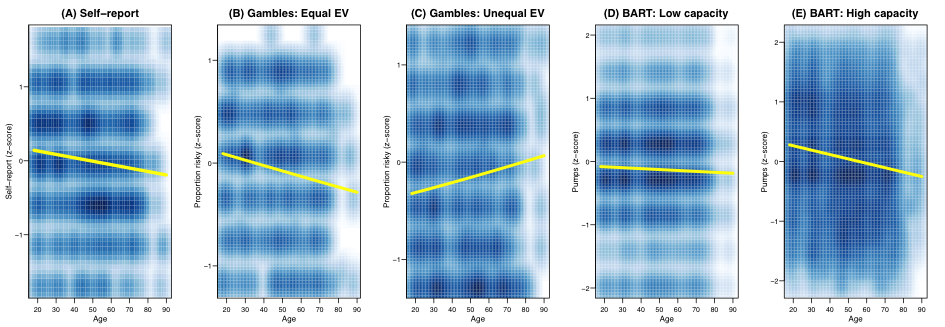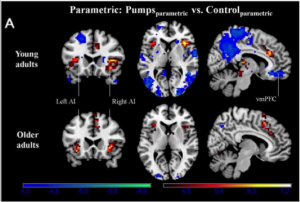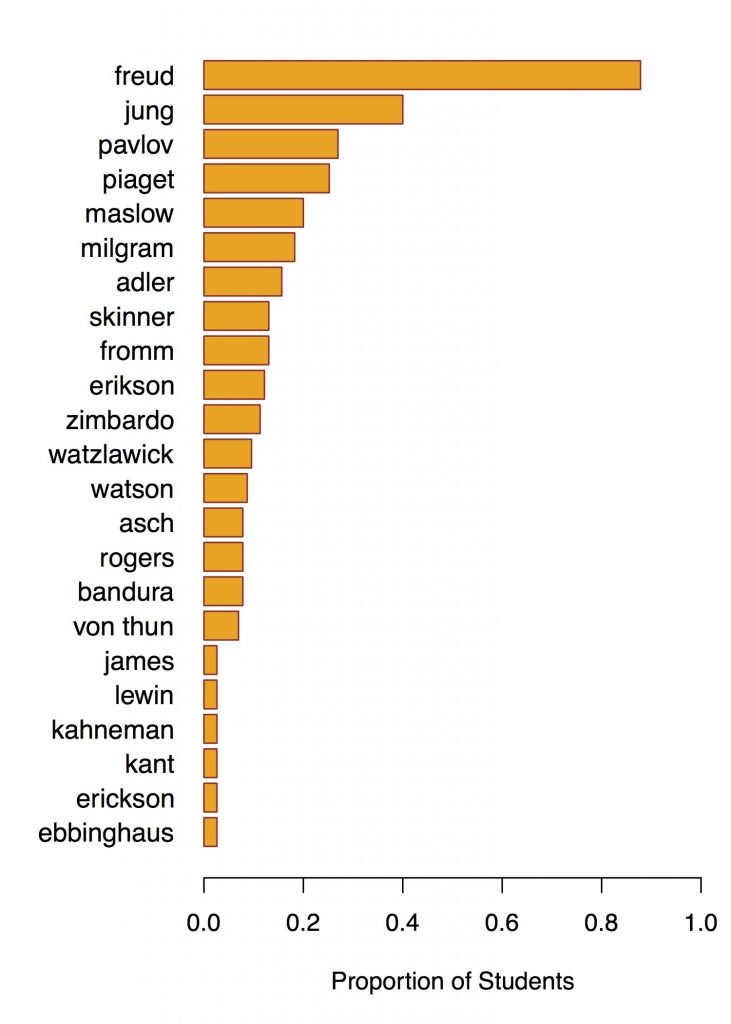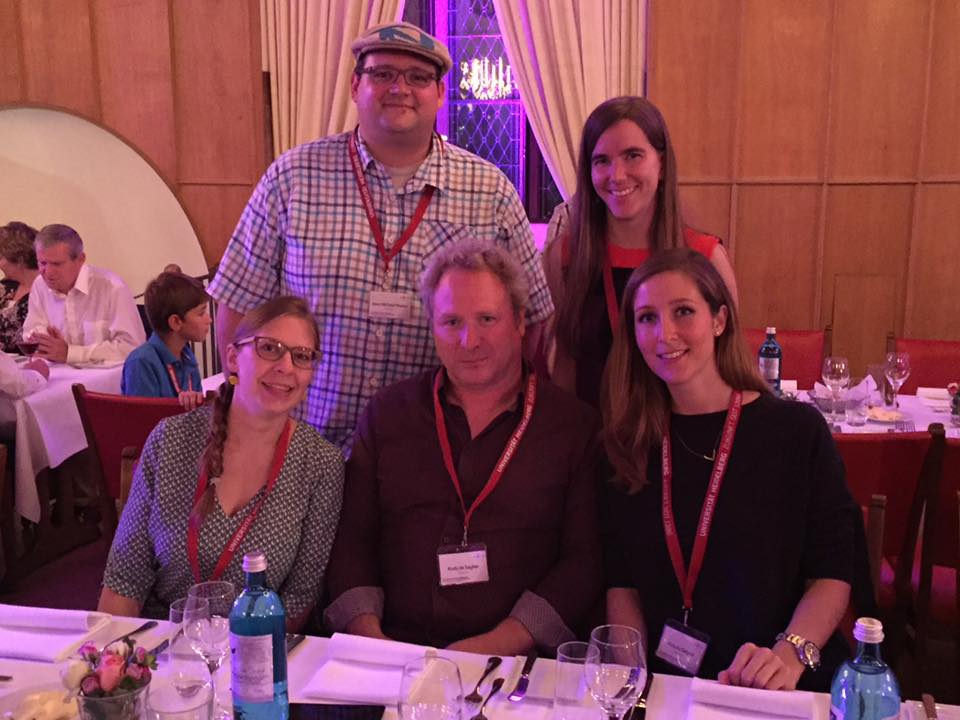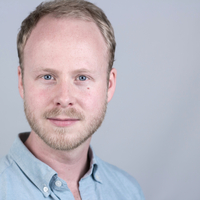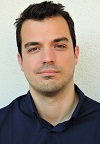The CDS team has recently published two papers dealing with the related questions ‘Do we take more or less risks as we age?’ and ‘What biological substrates may be contributing to risk-taking trajectories across the life span?’
Age–Risk Trajectories for Self-report and Behavioral Measurements
In Study 1, we analyzed self-report and behavioral measures of risk taking from a predominantly local sample of over 900 people between 18 and 90 years of age. Our results show a general pattern of decreasing risk taking with increasing age, a finding that was most pronounced for the self-report measure. However, we also identified conditions under which risk taking increases or remains comparatively stable across the life span. Our findings further suggest low convergent validity between risk-taking indices derived form self-report and different behavioral measures. One interesting aspect of our convergent validity analyses is the increasing strength of correlations between risk-taking indices derived from the same behavioral measure, specifically risk taking under different conditions within the same task. Different task conditions often represent different, even opposing underlying environmental contingencies, which in turn require flexible performance if the task is to be solved in a way that maximizes individuals’ payoff. We suggest that the stronger correlations for within-task risk-taking indices observed for older age groups could be indicative of cognitive, affective and/or motivational differences between younger and older adults, which lead to less flexible adaptation to task demands. The same mechanisms are postulated to contribute to differences in risk-taking trajectories across the life span: Cognitive task demands vary widely between different measures, which create a bottleneck on performance for older adults and consequently lead to measurement-dependent risk profiles and age-related changes therein.
Contributory Biological Foundations of Risk-Taking Trajectories
How can we further explore and potentially explain the observed heterogeneity between risk-taking trajectories for self-report and different behavioral measures? Does the cognitive bottleneck have a neural correlate? In Study 2, we teamed up with our visiting scientist Dr. Jing Yu from Southwest University in Chongqing (China), and analyzed neural functional data obtained from a scanner study with a group of younger and older adults. Inside the scanner, participants completed the balloon analogue risk task, which represents a widely used paradigm that requires participants to pump up virtual balloons: the bigger the balloon, the higher the reward. The twist to this task is that to start with, participants do not know when balloons may explode, but only pumps that do not lead to an explosion generate rewards. Resulting from the nature and goal of the task, in order to successfully complete the task, individuals have to extract, track and integrate information about the risk, reward and potential loss associated with additional pumping. The question we intended to answer was: Does the neural representation of this task – specifically the decision to take a risk or not – differ between younger and older adults? Our findings suggest that the neural representation of task components, such as reward, risk, or loss, is not substantially different between the two age groups. Instead, functional differences in the ventromedial prefrontal cortex, a brain region implicated in the integration of information and computation of a value signal, were observed between younger and older adults. Our findings thus suggest that older adults do not necessarily process decision-relevant information differently, but show altered value coding.
Taken together, these two studies confirm previous findings suggesting demand-dependent risk-taking trajectories, and extend our current knowledge about possible biological mechanisms.
Study 1: Mamerow, L., Frey, R., Mata, R. (2016). Risk taking across the life span: A Comparison of self-report and behavioral measures of risk taking. Psychology and Aging. http://dx.doi.org/10.1037/pag0000124
Study 2: Yu, J., Mamerow, L., Lei, X., Fang, L., & Mata, R. (2016). Altered value coding in the ventromedial prefrontal cortex in healthy older adults. Frontiers in Aging Neuroscience, 8, 210, doi: 10.3389/fnagi.2016.00210.
